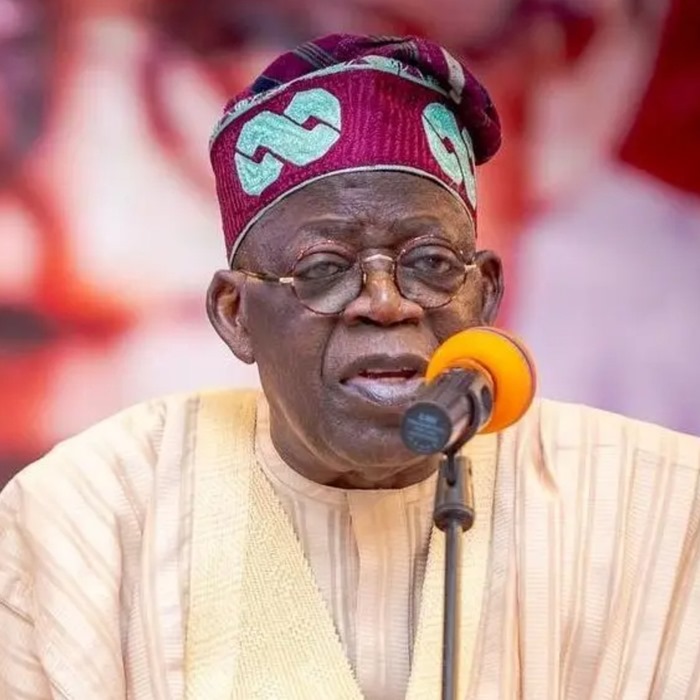
President Bola Ahmed Tinubu has recently introduced a controversial proposal regarding the increase of the national minimum wage to N250,000, but it comes with a significant stipulation that has sparked widespread debate.
During a recent meeting with the Nigeria Labour Congress (NLC), President Tinubu made an offer to meet the longstanding demand for a higher minimum wage. However, this offer was contingent upon a corresponding increase in the pump price of petrol. The proposal was unveiled by Joe Ajaero, President of the NLC, who disclosed that the President’s condition for raising the minimum wage to N250,000 hinged on adjusting the petrol pump price.
Ajaero explained that while the proposal initially seemed like a step towards improving the livelihood of Nigerian workers, it was met with strong opposition from labour representatives. The primary concern was that increasing the petrol pump price would lead to a chain reaction of economic hardships for the average Nigerian, offsetting any benefits gained from the higher minimum wage.
“Accepting N70,000 was the best way to ensure that we save Nigerians from further hardship,” Ajaero stated, referring to a previous negotiation outcome. He elaborated on the details of the President’s proposal: “At the last meeting, the President brought a proposal that ‘I will give you guys N250,000 if you allow me to equally increase the pump price of petroleum products.’ We responded that we needed to go and consult.”
The consultation process involved extensive discussions within the labour movement, considering the broader implications of the proposed condition. Upon returning to the negotiation table, the labour leaders stood firm in their stance. “Today, we went there to tell him ‘no,’” Ajaero continued, emphasizing that the labour movement is willing to make sacrifices but not at the expense of causing further suffering for Nigerians due to increased petrol prices.
The labour leaders highlighted the potential repercussions of accepting the President’s condition. They argued that an increase in the petrol pump price would lead to higher transportation and goods costs, which would, in turn, exacerbate the financial strain on Nigerian families. This perspective was rooted in the understanding that many Nigerians already struggle with the high cost of living, and any further increase in essential expenses would be detrimental.
RELATED: Kate Henshaw Criticizes Tinubu Government Over Reinstatement of Old National Anthem
Moreover, Ajaero underscored the need for a holistic approach to improving the economic situation in Nigeria. He suggested that addressing systemic issues and implementing policies that foster economic stability and growth would be more effective in the long run than a conditional wage increase. “The labour movement can make sacrifices without allowing Nigerians to suffer further on the increase of pump price of petroleum products,” Ajaero asserted, reiterating their commitment to protecting the interests of the working class and the general populace.
The proposal has ignited discussions among various stakeholders, including economic analysts, policymakers, and the general public. Some argue that the conditional wage increase could provide immediate relief to workers, while others contend that the long-term consequences of higher petrol prices would outweigh the benefits.
As the debate continues, it remains to be seen how the government and the labour movement will navigate this contentious issue. The outcome will likely have significant implications for Nigeria’s economic landscape and the welfare of its citizens.
In conclusion, President Tinubu’s offer to approve a N250,000 minimum wage comes with a condition that has generated substantial opposition from the labour movement. The proposed increase in the petrol pump price is seen as too harsh by labour leaders, who argue that it would further aggravate the economic difficulties faced by Nigerians. The ongoing discussions and negotiations will be crucial in determining the future direction of wage policies and economic reforms in the country.

















